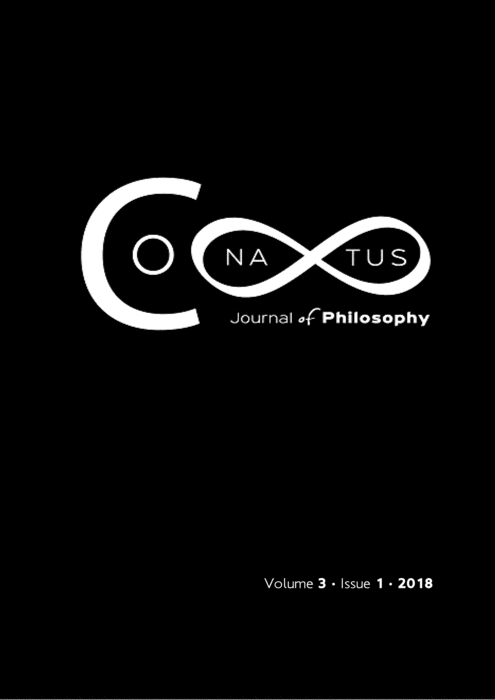In Varietate Concordia: Two Perspectives on the European Values

Abstract
In the first chapter of the paper we elaborate on the attitude towards the Other in the European Union by discussing two adversative yet simultaneous processes taking place in the EU. The first tendency is a legacy from the centuries-lasting model of European unification against certain important Others. The second one refers to the aspiration of the supra-national European project to encourage in an unprecedented manner the co-existence with the otherness. We argue that this ambivalence results from the fact that the transformation of the attitude towards the otherness takes place with different tempo in the different social spheres. In the second chapter we develop further the reflection on the EU attitude towards the Other by focusing on the East European Other. We discuss the normative and de facto application of the European values both in the West and in the East part of the continent. In the last chapter we articulate two separate discourses framing the European values. The first one refers to the essentialist approach looking for a metaphysical reasoning of their universality by developing the common culture, history and spirit rhetoric. The second reading of the European values presents them in a more postmodern and debatable way and offers a mechanism for reconciling the heterogenic East-West European society.
Article Details
- How to Cite
-
Sazonova, L. L. (2019). In Varietate Concordia: Two Perspectives on the European Values. Conatus - Journal of Philosophy, 3(1), 75–87. https://doi.org/10.12681/conatus.16144
- Section
- Articles

This work is licensed under a Creative Commons Attribution-NonCommercial 4.0 International License.
Authors who publish with this journal agree to the following terms:
Authors retain copyright and grant the journal right of first publication with the work simultaneously licensed under a Creative Commons Attribution Non-Commercial International License (CC BY-NC 4.0) that allows others to share the work with an acknowledgement of the work's authorship and initial publication in this journal.
Authors are able to enter into separate, additional contractual arrangements for the non-exclusive distribution of the journal's published version of the work (e.g. post it to an institutional repository or publish it in a book), with an acknowledgement of its initial publication in this journal.
Authors are permitted and encouraged to post their work online (preferably in institutional repositories or on their website) prior to and during the submission process, as it can lead to productive exchanges, as well as earlier and greater citation of published work.





